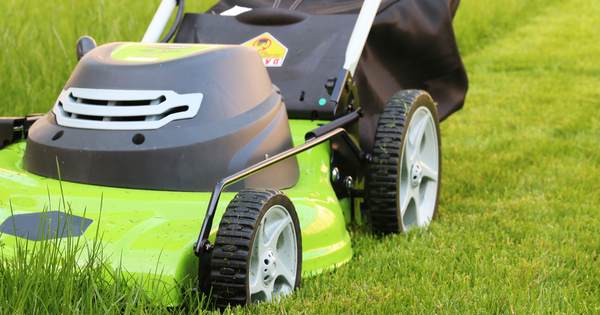I Need My Lawn Mowed – Smart Ways to Do It
Less time, less effort and a healthier lawn
Everyone thinks they know how to mow: Just push the mower back and forth across the yard. But many homeowners harm their lawn every time they mow. Here’s how to treat your turf right—and save yourself some trouble.
Mulch, don’t catch
Finely mulched grass clippings become fertilizer for the grass. So bagging grass is both a waste of effort and a missed opportunity for free fertilizer.
Get the height right
For most types of grass, a mower setting around 2-1/2 in. is best. Warm-climate grasses do best a bit shorter: 1-1/2 to 2 in. To determine the type of grass you have and the ideal cutting length, search online for “grass identification.” When in doubt, err on the side of taller. Cutting grass too short weakens the plants.
Don’t follow the same path
Change mowing direction each time you mow. That will minimize soil compaction from your feet or the tires of a riding mower. Sounds nitpicky, but compaction really does harm grass.
Cut higher to crowd out weeds
Every plant has a strategy for competing against other plants. For grasses, that strategy is to crowd out other plants. So if you have a weed problem, set your mower a little higher and let grass smother weeds.
Don’t let grass get too tall
Cutting off a large portion of the total height stresses grass. So avoid cutting off more than one-third of the total height. If the desired height is 2 in., for example, don’t let it get taller than 3 in. before you cut.
Cut it short in the fall
If you live in a snowy climate, make your final fall cutting a short one: 1-1/2 to 2 in. That will reduce mold growth during the winter.
Don’t mow wet grass
If you do, you’ll have to scrape the inside of the mower deck to remove a thick cake of clippings. You’ll also leave big clumps of wet clippings that will smother the grass beneath.
Sharpen the blade
A dull blade rips rather than slices. That stresses the grass and leaves a brown, shredded tip on each blade of grass.
Consider a cordless
Cordless electric mowers have some huge advantages over gas-powered models: You don’t have to store gas, pay for tune-ups, change the oil or struggle with starting problems. Some electric mowers are small and light enough to store on a shelf, and all are much quieter than gas mowers. The main disadvantages are cost, and for some models, run-time.
